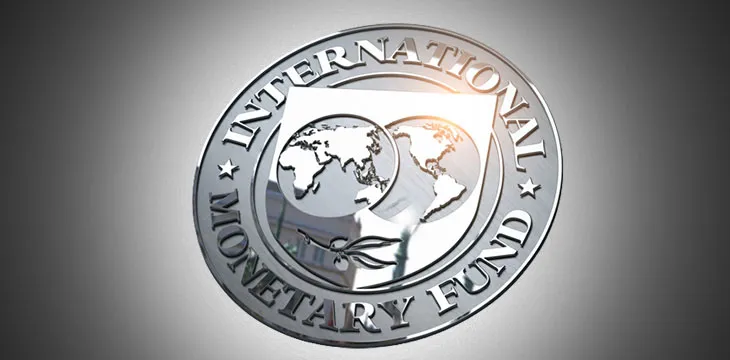|
Getting your Trinity Audio player ready...
|
The International Monetary Fund (IMF) has drawn attention to the challenges that Islamic banking systems could face with the launch of central bank digital currencies (CBDCs).
The IMFs concerns were contained in a recently released working paper, which sought to open a debate from interested stakeholders. Top on the list of issues for the IMF is the monetary policy implication of a CBDC for countries practicing Shariah banking.
Although Islamic banking accounts for under 3% of global finance, 34 countries practice a form of the banking system, with Iran and Sudan going all the way. Out of the lot, CBDC discussions have begun in earnest in nearly a dozen nations with Islamic banking systems, causing concern for the IMF.
Under Islamic banking, speculation is considered haram, which means a CBDC launched in the system is barred from participating in foreign exchange derivatives transactions. There is the increased risk of bank disintermediation given the absence of interest on deposits which the IMF says could trigger a wave of ‘cryptoization’ for the banking systems.
“Conventional mechanisms of liquidity management—interbank market, secondary market financial instruments, central bank discount window and Lender of Last Resort (LOLR)—that are based on interest are not permissible for Islamic banks,” the IMF said.
The IMF pointed out that the lack of uniform development of Islamic banking and the limited number of banking entities among practicing nations contributes a fair share to the development of Islamic liquidity management instruments.
Among Shariah banking-practicing nations, the growth of digital currencies has been largely uneven, with galloping adoption rates recorded in the Middle East. The same cannot be said for other Islamic countries like Morocco and Algeria, which have imposed a blanket ban on digital currencies.
In 2021, Indonesia’s National Ulema Council (MUI), an Islamic scholarly body, declared that BTC and other digital currencies are haram because they possess elements of “uncertainty, wagering, and harm.”
Conventional banks still face CBDC challenges
The issuance of CBDCs still poses grim challenges to conventional commercial banks, prompting concern from industry stakeholders. Brad Jones, Assistant Governor of the Reserve Bank of Australia, warned that financial institutions face the risks of bank runs when deposits can easily be converted to CBDCs.
He added that CBDCs may impede the banks’ ability to offer loans in the event of CBDCs being the “preferred source of liquidity holdings.”
In Europe, commercial banks are urging the European Central Bank (ECB) to give them a major role in launching a digital euro on the grounds that they are in the best position to mitigate any risks that may arise.
To learn more about central bank digital currencies and some of the design decisions that need to be considered when creating and launching it, read nChain’s CBDC playbook.
Watch: Is Bitcoin halal?

 08-21-2025
08-21-2025 





